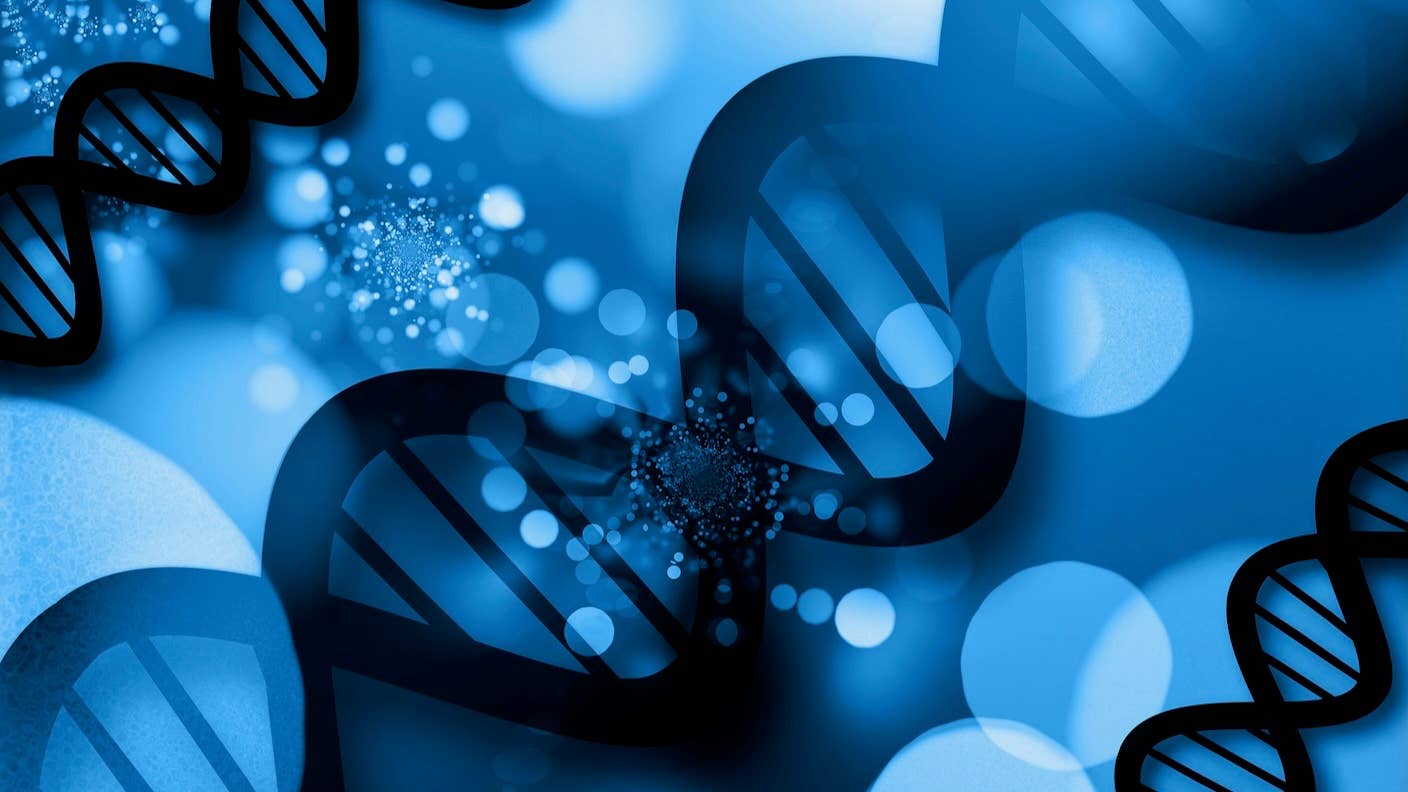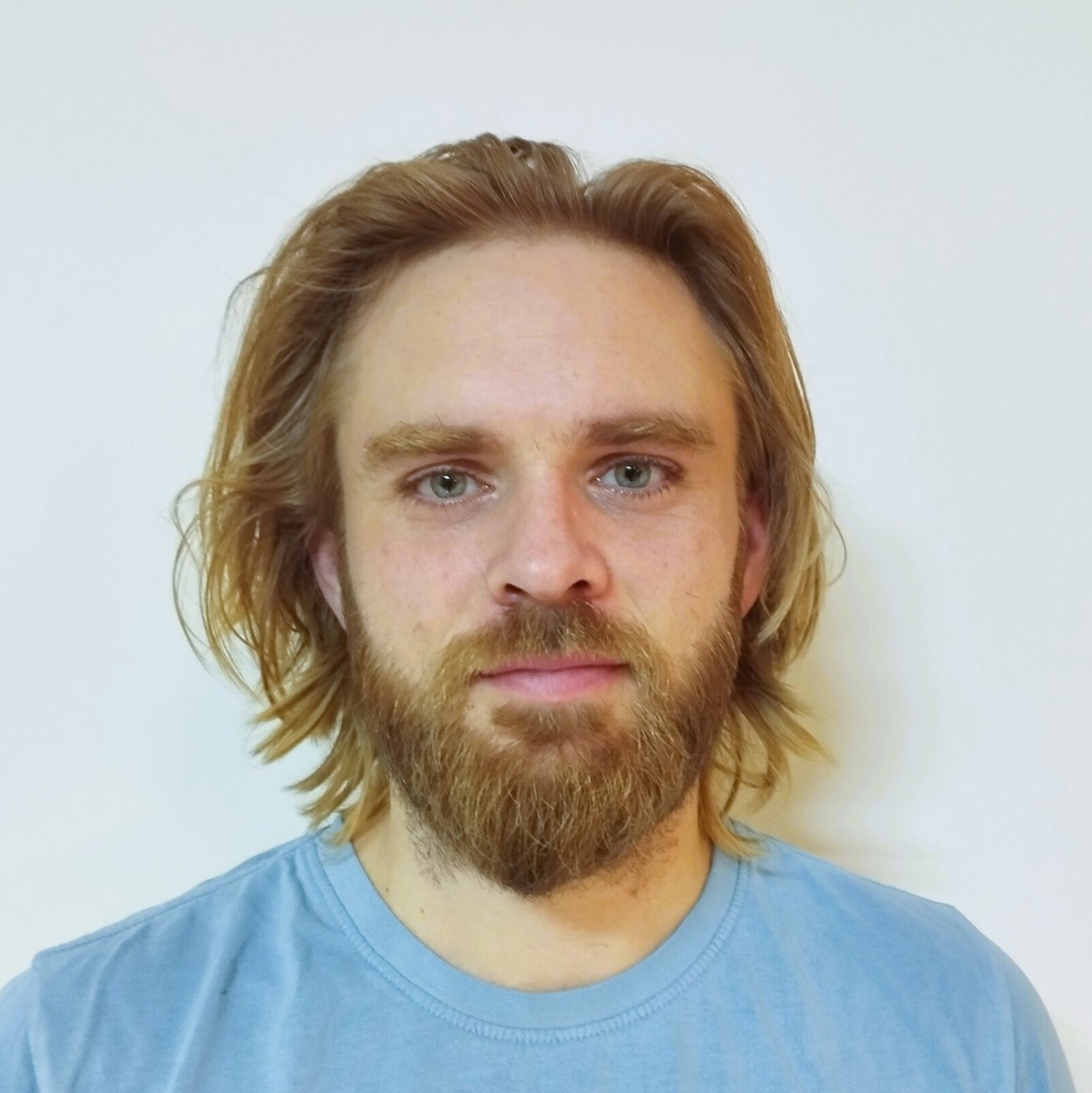How Quantum Computers Could Illuminate the Full Range of Human Genetic Diversity

Share
Genomics is revolutionizing medicine and science, but current approaches still struggle to capture the breadth of human genetic diversity. Pangenomes that incorporate many people’s DNA could be the answer, and a new project thinks quantum computers will be a key enabler.
When the Human Genome Project published its first reference genome in 2001, it was based on DNA from just a handful of humans. While less than one percent of our DNA varies from person to person, this can still leave important gaps and limit what we can learn from genomic analyses.
That’s why the concept of a pangenome has become increasingly popular. This refers to a collection of genomic sequences from many different people that have been merged to cover a much greater range of human genetic possibilities.
Assembling these pangenomes is tricky though, and their size and complexity make carrying out computational analyses on them daunting. That’s why the University of Cambridge, the Wellcome Sanger Institute, and the European Molecular Biology Laboratory’s European Bioinformatics Institute have teamed up to see if quantum computers can help.
“We’ve only just scratched the surface of both quantum computing and pangenomics,” David Holland of the Wellcome Sanger Institute said in a press release. “So to bring these two worlds together is incredibly exciting. We don’t know exactly what’s coming, but we see great opportunities for major new advances.”
Pangenomes could be crucial for discovering how different genetic variants impact human biology, or that of other species. The current reference genome is used as a guide to assemble genetic sequences, but due to the variability of human genomes there are often significant chunks of DNA that don’t match up. A pangenome would capture a lot more of that diversity, making it easier to connect the dots and giving us a more complete view of possible human genomes.
Despite their power, pangenomes are difficult to work with. While the genome of a single person is just a linear sequence of genetic data, a pangenome is a complex network that tries to capture all the ways in which its constituent genomes do and don’t overlap.
These so-called “sequence graphs” are challenging to construct and even more challenging to analyze. And it will require high levels of computational power and novel techniques to make use of the rich representation of human diversity contained within.
Be Part of the Future
Sign up to receive top stories about groundbreaking technologies and visionary thinkers from SingularityHub.


That’s where this new project sees quantum computers lending a hand. Relying on the quirks of quantum mechanics, they can tackle certain computational problems that are near impossible for classical computers.
While there’s still considerable uncertainty about what kinds of calculations quantum computers will actually be able to run, many hope they will dramatically improve our ability to solve problems relating to complex systems with large numbers of variables. This new project is aimed at developing quantum algorithms that speed up both the production and analysis of pangenomes, though the researchers admit it’s early days.
“We’re starting from scratch because we don’t even know yet how to represent a pangenome in a quantum computing environment,” David Yuan from the European Bioinformatics Institute said in the press release. “If you compare it to the first moon landings, this project is the equivalent of designing a rocket and training the astronauts.”
The project has been awarded $3.5 million, which will be used to develop new algorithms and then test them on simulated quantum hardware using supercomputers. The researchers think the tools they develop could lead to significant breakthroughs in personalized medicine. They could also be applied to pangenomes of viruses and bacteria, improving our ability to track and manage disease outbreaks.
Given its exploratory nature and the difficulty of getting quantum computers to do anything practical, it could be some time before the project bears fruit. But if they succeed, the researchers could significantly expand our ability to make sense of the genes that shape our lives.
Image Credit: Gerd Altmann / Pixabay
Related Articles

Scientists Send Secure Quantum Keys Over 62 Miles of Fiber—Without Trusted Devices

This Light-Powered AI Chip Is 100x Faster Than a Top Nvidia GPU

How Scientists Are Growing Computers From Human Brain Cells—and Why They Want to Keep Doing It
What we’re reading
